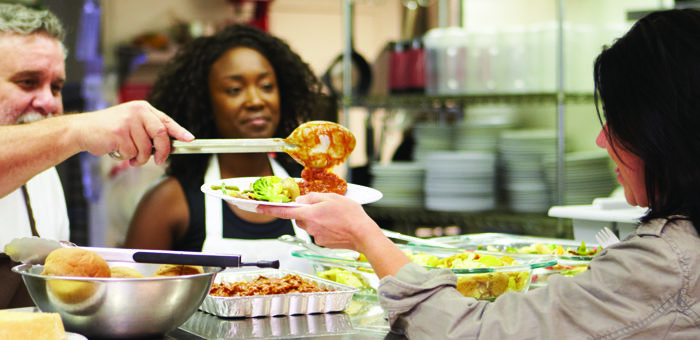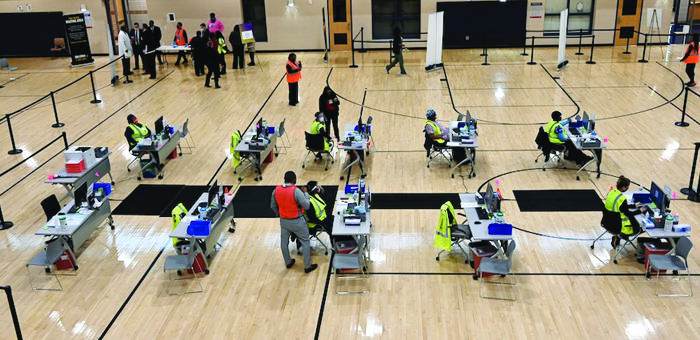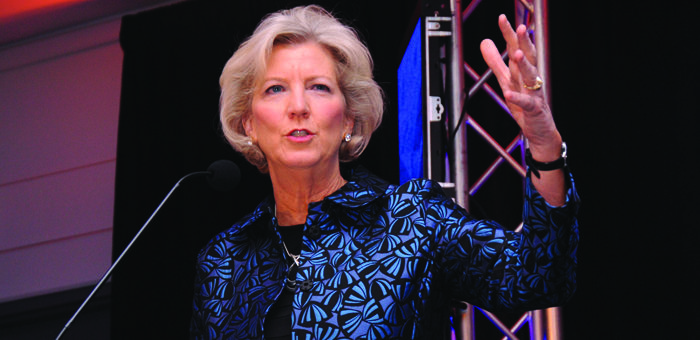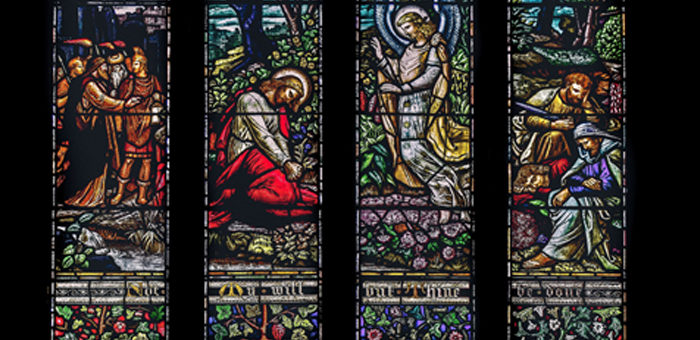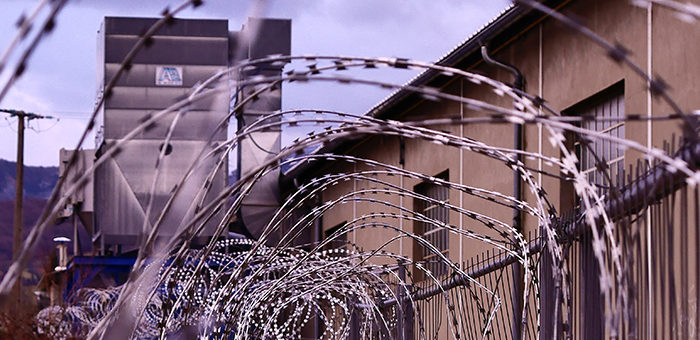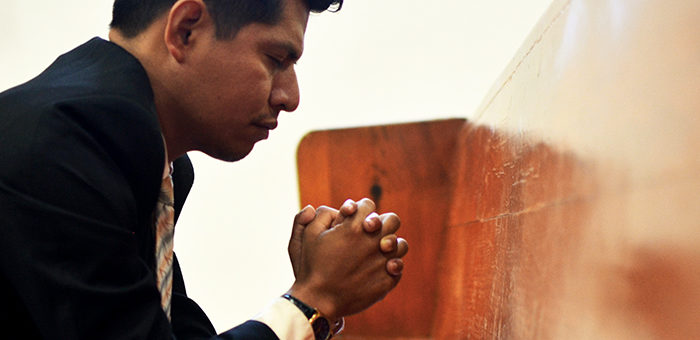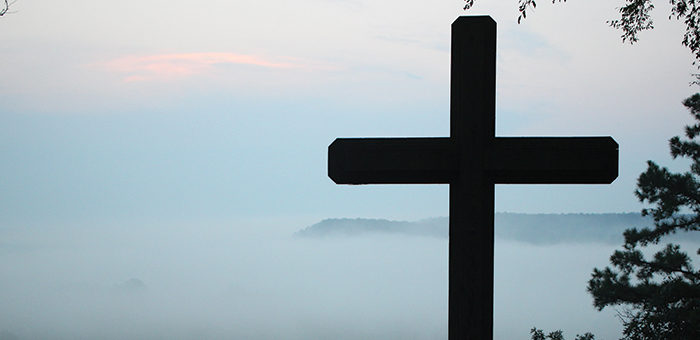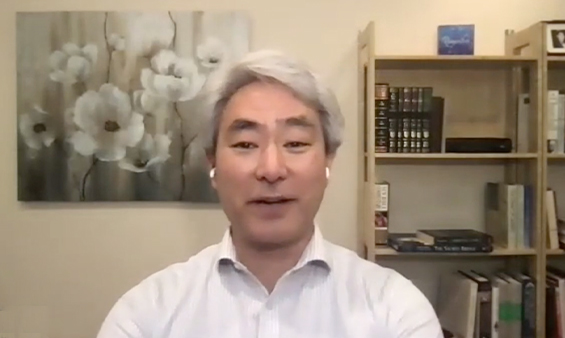“It’s complicated.” Parents deploy this phrase strategically to avoid answering an inconvenient question from a child. Yet, over these many months, we’ve heard, uttered, or even groaned these words many times to one another. When do we close or reopen our church buildings? How do we foster community or mission in a time of isolation? How will real and lasting solutions to racial injustice be achieved? Will the economic recovery be shaped like a V, U, or squiggly line? What does that mean for our strategic plans? Well, it’s complicated.
But God specializes in the complicated. The gospel thrives in the complicated. A common hubris of modernity is assuming that we live in unprecedented times. We must remember that the Church was birthed amidst multiple complexities. Through conquests and consolidation, the Roman empire precipitated the greatest mass migration of people that the world had known. Local economic patterns were disrupted with globalization made possible by a revolutionary system of highways and the common currency. Urban centers rose and fell. The celebrated Pax Romana promised political unity and economic prosperity, but it masked the constant rebellions and could not prevent famines and plagues. Religious pluralism, urbanization that created economic disparities, multiculturalism, political unrest, breakdown of old worldviews, and the imposition of a global imperialism. A lot was going on!
These apparent obstacles became opportunities for the gospel to be proclaimed, as highways for commerce became highways for missions. They were the conditions in which the Spirit creatively planted churches throughout the empire. And thus, the apostle Paul prayed: “We always thank God, the Father of our Lord Jesus Christ, when we pray for you, because we have heard of your faith in Christ Jesus and of the love you have for all God’s people — the faith and love that spring from the hope stored up for you in heaven and about which you have already heard in the true message of the gospel that has come to you. In the same way, the gospel is bearing fruit and growing throughout the whole world — just as it has been doing among you since the day you heard it and truly understood God’s grace” (Colossians 1:3–7).
The gospel is still bearing fruit and growing throughout the whole world — and among us. So, in the midst of today’s challenging and complicated circumstances, we join together in Paul’s prayer of thanksgiving and certain hope in Christ.
This article originally appeared in Evangelicals magazine.
Walter Kim became the president of the National Association of Evangelicals in January 2020. He previously served as a pastor at Boston’s historic Park Street Church and at churches in Vancouver, Canada and Charlottesville, Virginia, as well as a campus chaplain at Yale University. He preaches, writes and engages in collaborative leadership to connect the Bible to the intellectual and cultural issues of the day. He regularly teaches in conferences and classrooms; addresses faith concerns with elected officials and public institutions; and provides theological and cultural commentary to leading news outlets. He serves on the boards of Christianity Today and World Relief and consults with a wide range of organizations. Kim received his Ph.D. from Harvard University in Near Eastern Languages and Civilizations, his M.Div. from Regent College in Vancouver, and his B.A. from Northwestern University.




 View All Articles
View All Articles 
